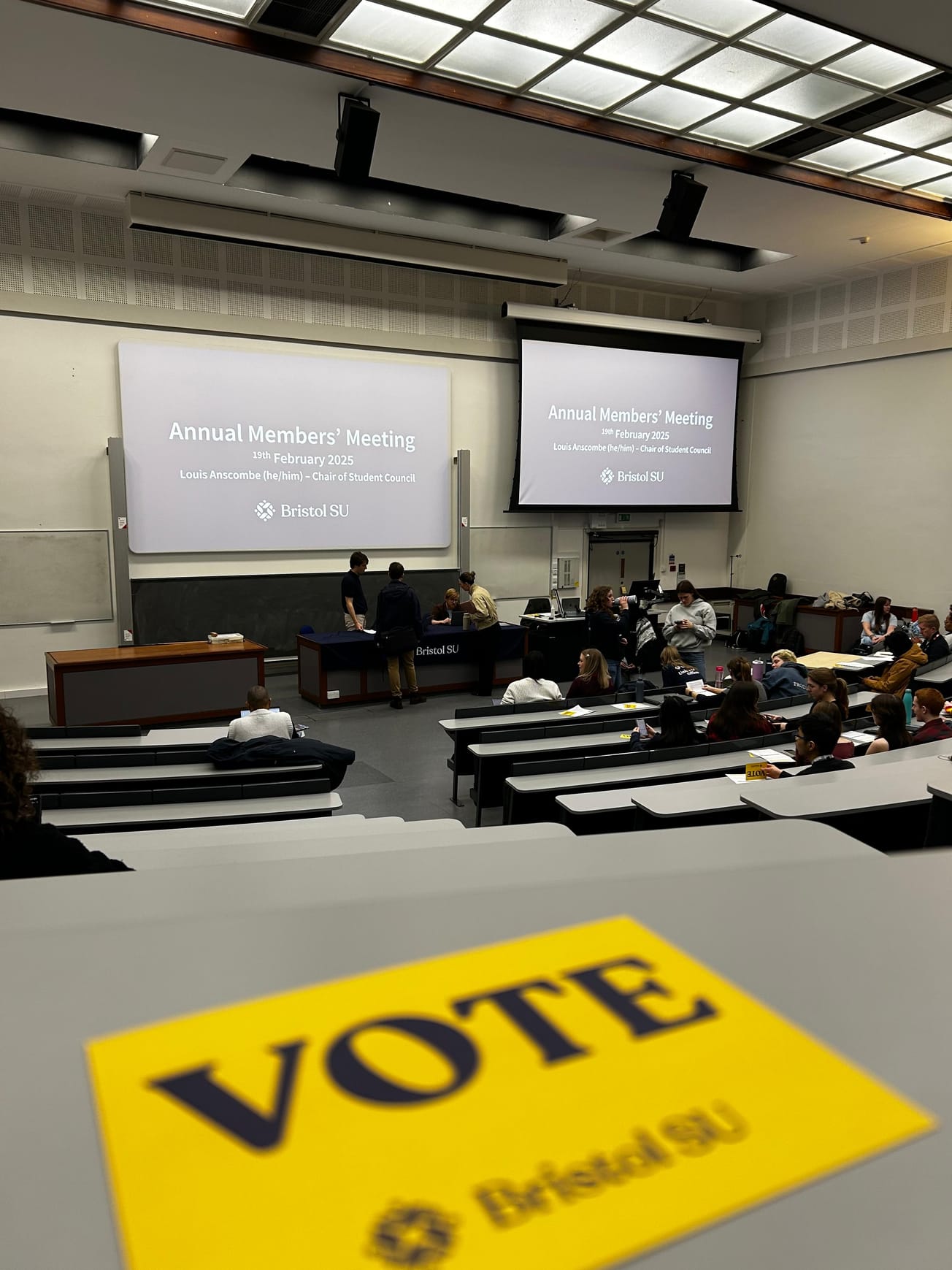By Eden Reyhanian, Third year, Social Policy and Politics
Three medical students at the University of Bristol are addressing a critical gap in skin cancer diagnosis, focusing on the disparity in diagnosis rates between individuals with darker skin tones and those with white skin.
Mariana Wickramarachchi, Harvey Hill, and Elizabeth Maregere launched 'Dermspectrum', a startup aimed at building the UK's most comprehensive and diverse skin image bank.
Dermspectrum is a resource designed to train students and clinicians to accurately diagnose skin conditions across all skin colours, which the three UoB students hope will improve care quality, and diagnostic accuracy, promoting equity in medical treatment.

In the US the 5-year survival rates for skin cancer are 92% for white individuals and 70% for black individuals. In the UK, while specific comparative studies are scarce, research indicates a significant tendency among general practitioners to misdiagnose melanomas on dark skin. A survey among UK medical students revealed that trainees were nearly twice as confident in diagnosing conditions on white skin as opposed to skin of colour.
The founders of DermSpectrum aim to change this by improving early diagnosis, which could save lives, advance equality, and reduce the burden on the NHS.
Highlighting the significant lack of diversity in medical education resources, Harvey Hill emphasised the extent of the issue: 'It's shocking to see the underrepresentation in the UK curriculum. In one of the most widely used medical textbooks, which has sold 1.5 million copies, we found fewer than 10 images of patients with black or brown skin out of 600 diagrams and images.'
This stark deficiency underscores the importance of upskilling medical students to better prepare them for diverse clinical scenarios. Harvey further stated, 'Medical students are the starting point. We want this to be a resource for students and then we want to roll it out to the rest of the medical community from there.'
Elizabeth Maregere highlighted the severe consequences of diagnostic errors, stating, 'Misdiagnosis or missed diagnosis, due to the lack of diverse representation, can lead to significant adverse effects on patients. Our goal is to enrich medical education with more diversity to diminish these inequalities for black and brown individuals.'
Mariana Wickramarachchi pointed out that existing skin banks predominantly feature images of white skin and often rely on outdated and subjective classification systems.
To address these issues, DermSpectrum is developing an online resource that allows users to navigate skin conditions through an innovative image filtration system. This system includes features such as a slider to adjust skin tone and filters for body location and the appearance of the skin condition.
The founders are also investigating how artificial intelligence could be leveraged to enhance the diversity of dermatology image banks, aiming to improve diagnosis and treatment outcomes across all skin types.
DermSpectrum originated from the Learn2Innovate program, which provides students with the necessary tools to bring innovation into the medical sector. The initiative achieved first place, earning £1,000 and outperforming 40 other students across four universities.
DermSpectrum also secured £3,500 from the University of Bristol’s Jim and Peggy Wilkinson Innovation Fund to further develop the startup. These funds are being utilised to expand their image bank and to launch their website.
Professor Chrissie Thirlwell, the head of the University of Bristol Medical School, expressed her admiration for the students' efforts, stating, "I'm incredibly proud of our students' innovation, entrepreneurship, and drive to tackle health inequalities both in clinical settings and throughout medical education."
Have you looked into University funding for student start-ups?








